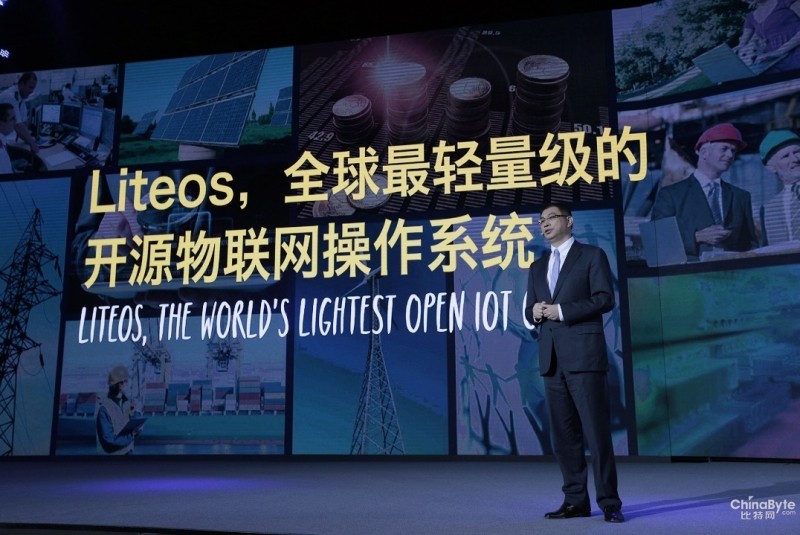
Huawei is interested in delving into the Internet of Things but it has no intentions of building hardware. Instead, the Chinese telecommunications equipment maker is planning to launch a lightweight operating system for the onslaught of connected IoT devices that’ll be flooding the market in the coming years.
When I say lightweight, I mean just that. The OS consumes just 10 kilobytes and has thus earned the title LiteOS.
During a recent presentation, Huawei Chief Strategy and Marketing Officer William Xu said that by 2025, his company anticipates there being 100 billion Internet-connected devices with two million new sensors being added every hour. It's clear that Huawei wants in on the action.
Xu added that Huawei’s OS can be applied to different IoT areas including smart homes, wearables and connected vehicles. It supports zero configuration, auto-discovery and auto-networking. LiteOS will also be open to developers so they’ll be able to develop their own products using the OS although it’s unclear if this means it’ll be completely open source.

Speaking with the Financial Times, Xu reiterated that LiteOS isn’t an attempt to compete with smartphone operating systems like Android or iOS but will instead be used as a base for other devices. One example Xu cited was a connected electric toothbrush that could record how often it is used, which teeth are being properly cleaned and what areas need more attention.
https://www.techspot.com/news/60736-huawei-wants-power-internet-things-new-10kb-liteos.html